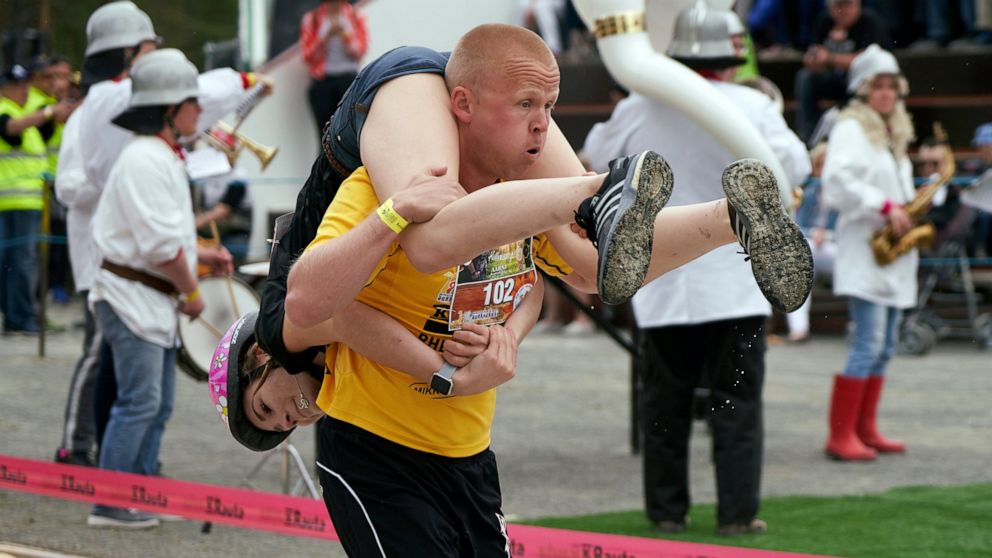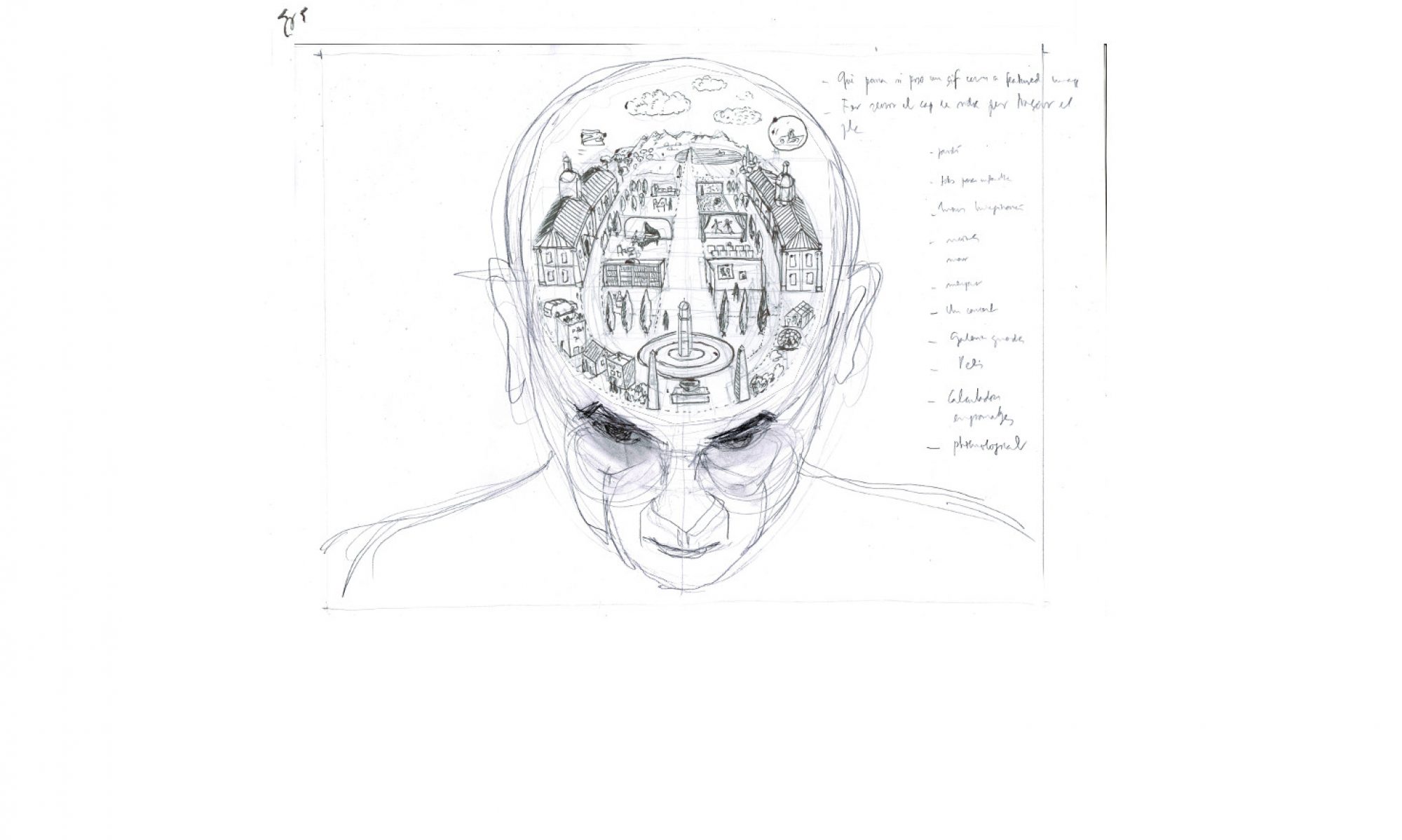Riure | Acudits i Humor | Exemples
El riure
(CGPT) No es tracta d’una emoció sinó d’una resposta complexa que es pot estar associada a emocions de diversió (amusement), felicitat, alleujament després d’una tensió, sorpresa [per un doble sentit inesperat?], afecte i connexió social, playfulness, eufòria, nerviosisme, Schadenfreude. [una mateixa resposta fisiològica associada a diferents experiències subjectives].
Està associat amb l’alliberament d’endorfines que contribueixen a una sensació plaent. També activa el sistema nerviós parasimpàtic (Sistema nerviós autònom), reduint el estrès.
Pot ser un mecanisme de defensa en situacions de estrès o tristesa.
La teoria d’incongruitat [cognitiu], el riure es desencadena quan trobem una incongruitat o que les expectatives no es compleixen.
[Quan riem, no comuniquem el nostre estat als altres com en l’expressió de les emocions?]
Acudits i humor
(NewYorker) Quins acudits ens fan riure? El psicòleg britànic Richard Wiseman va fer un projecte de recerca on la gent aportava acudits i els altres votaven si eren divertits o no. Temes que es repetien: “Someone trying to look clever and taking a pratfall. Husbands and wives not being loving. Doctors being insensitive about imminent death. And God making a mistake. El més votat:
A couple of New Jersey hunters are out in the woods when one of them falls to the ground. He doesn’t seem to be breathing, his eyes are rolled back in his head. The other guy whips out his cell phone and calls the emergency services. He gasps to the operator, “My friend is dead! What can I do?” The operator, in a calm soothing voice, says, “Just take it easy. I can help. First, let’s make sure he’s dead.” There is a silence, then a shot is heard. The guy’s voice comes back on the line. He says, “O.K., now what?”
Ha estat objecte d’estudi de filòsofs, psicòlegs i neuròlegs. Es va perdre un tractat d’Aristòtil. El 1901 Bergson va escriure “Qu’est-ce que c’est le rire?”
No queda clar quins processos cerebrals intervenen. No hi ha un punt a estimular que provoqui riure. Sembla que els jocs de paraules són processats a l’hemisferi esquerre i els no verbals al dret.” In a 1981 paper in Brain and Language, the researchers Wendy Wapner, Suzanne Hamby, and Howard Gardner concluded that the left hemisphere of the brain is a “highly efficient, but narrowly programmed linguistic computer; in contrast the right hemisphere constitutes a suitable audience for a humorous silent film.” They explained, “While the left hemisphere might appreciate some of Groucho’s puns, and the right hemisphere might be entertained by the antics of Harpo, only the two hemispheres united can appreciate a whole Marx Brothers routine.” Neither hemisphere, apparently, thinks much of Chico.
Al sXVII Pascal va introduir la teoria de la incongruència, la desproporció entre l’expectativa i el que passa realment.
La teoria de l’alleujament afirma que trobem divertit el que qüestiona les normes que reprimeixen desitjos tabú inconscients. (Freud, “Jokes and Their Relation to the Unconscious” 1905).
El neuròleg V. S. Ramachandran, in “Phantoms in the Brain” (1998), comenta la teoria de la incongruència com un mecanisme adaptatiu. Després d’una expectativa d’amenaça o perill (insular còrtex), el anterior cingulate gyrus, detecta una incongruència i envia el missatge “no hi ha perill” [i tot l’organisme es relaxa, catarsi] . El riure comunica a la resta del grup que no cal preocupar-se.
[en relació amb el final inesperat] Leo McCarey, who directed the early Laurel and Hardy films, called it “almost an unwritten rule”—that jokes work best when there are two straightforward examples, to establish a pattern, and then a third, to shatter it. (“My favorite books are ‘Moby-Dick,’ ‘Great Expectations,’ and ‘Rock Hard Abs in Thirty Days.’ ”)
Exemples
Cabelleres congelades a Takhini Hot Springs, Canadà




- Weird Books llista de llibres que, encara que sembli mentida, s’han publicat:
Fart Proudly
Do it yourself coffins
How to Poo on a date
Manifold destiny [cuinar al motor del cotxe]
Teach your wife to be a widow
Baboon metaphysics
How to live with an idiot
I Told You I Was Sick: A Grave Book of Curious Epitaphs - Scott Rogowsky Cobertes de llibre falses, part 2, part 3
- La bougie du sapeur, un diari que només surt els 29 de febrer
- Un dia sense pantalons al metro de Londres (BBC)
Humoristes
Cinema
TV: Monthy Phyton
Monòlegs: Joan Capri
